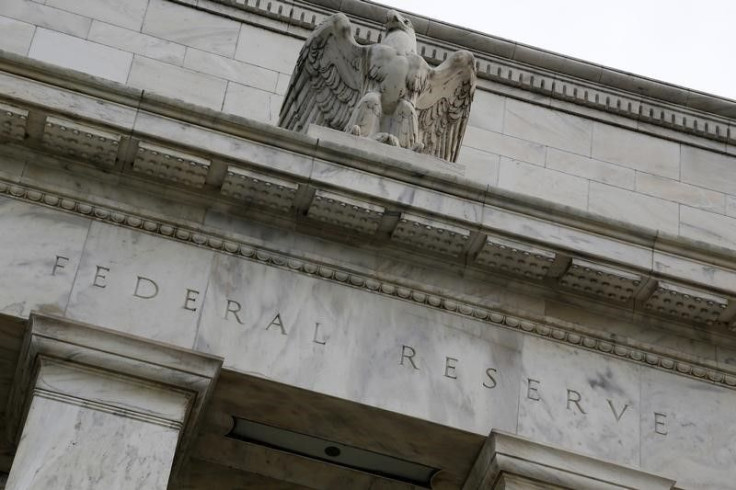FOMC Rate Hike: 75 Or 100-Basis-Points?
After trying to digest a higher-than-expected ECB interest rate hike last week, Wall Street should get ready to deal with another interest rate hike this week. This time around, the interest rate hike will come from the Open Market Operations Committee (FOMC) — the monetary policy-making arm of the Federal Reserve.
Like the ECB, the Fed has been trying to tame inflation, getting from bad to worse by any measure.
The June Consumer Price Index (CPI) — a measure of inflation at the retail level — accelerated to an annual rate of 9.1% in June, up from 8.6% in May, another 40-year record. Price hikes have been broad, extending beyond food and energy to rent and healthcare services.
The Producer Price Index (PPI) — a measure of inflation at the wholesale level — rose at an annual rate of 11.3% in June, up from 10.9% in May, also a multi-year record.
An accelerated pace of inflation usually requires an accelerated pace of interest rate hikes to be placed under control. Nonetheless, most Fed watchers contacted via email by International Business Times expect the Fed to hike the Federal Funds Rate (FFR) by 0.75 points. "A 75-bps hike in the Fed Funds rate is baked-in for next Wednesday," Dan North, senior economist at Allianz Trade, said. "The Fed simply can't ignore the relentless pace of inflation."
The good news is that the inflation pace may slow in the coming months, as the factors driving it have been receding since early June. For instance, the price of crude oil has dropped close to 20% from its early June high, spreading over to oil derivative products like gas, which have been falling, too.
Then there's the decline in international transportation costs, as measured by the Baltic Dry Index (BDI), which is close to 30% below its highs a couple of months ago.
And there's a slight decline in food prices, as measured by the Food and Agriculture Organization (FAO) index.
The easing of inflation pressures makes the Fed's job in fighting the old villain less difficult. It has been helping lower market expectations for the next hike, from 100 bps earlier last week to 75 bps by the end of the week. And that could explain the tech rally last week, according to Derek Horstmeyer, professor of finance at George Mason University School of Business. "Market expectations have the Fed raising rates 75 basis points this coming week," he said. "And growth stocks like tech have rallied on this news over the past week since it is not as bad as the 100-basis point raise that was expected two weeks ago."
Still, 100 bps isn't out of the question, as the Fed may want to signal to the markets that it is ahead rather than "behind the curve," fixing early mistakes. It may also take its cue from the ECB, which surprised markets with a hawkish move of 50 bps rather than the dovish 25-bps markets have expected.
How will Wall Street react in that case? "If it does happen to be a 100-basis point increase, there is going to be much pain in the equity markets (markets will crash!)," Horstmeyer said.
Vanguard Senior International Economist Andrew Patterson, who expects a 75-bps hike, will also look more at what the Fed says than it does. "They may point to signs that certain interest rate sensitive sectors (e.g., housing) are showing signs of cooling and that Core inflation may be peaking," he said. "However, they are likely to acknowledge the uncertainty regarding the latter and emphasize the pain brought about by high headline inflation (e.g., persistent growth in food and energy prices) and concern about that impacting inflation expectations. In a period such as this, the distinction between Core and headline inflation typically leveraged in policy decisions matters less, and they are likely to acknowledge that."

© Copyright IBTimes 2024. All rights reserved.






















